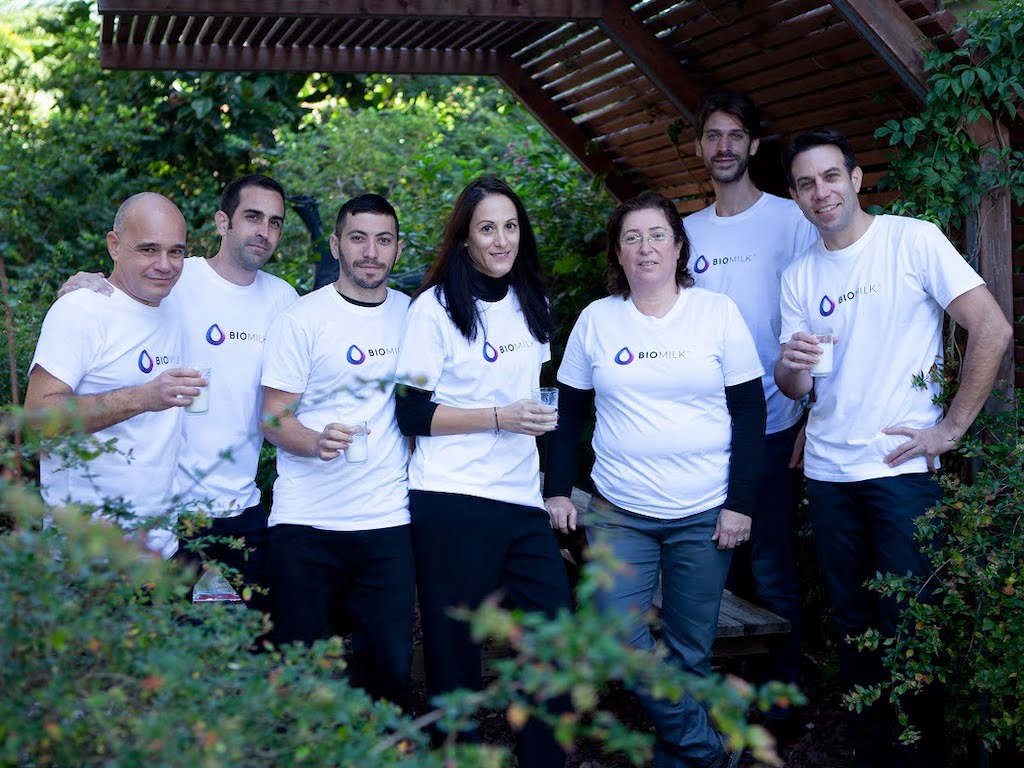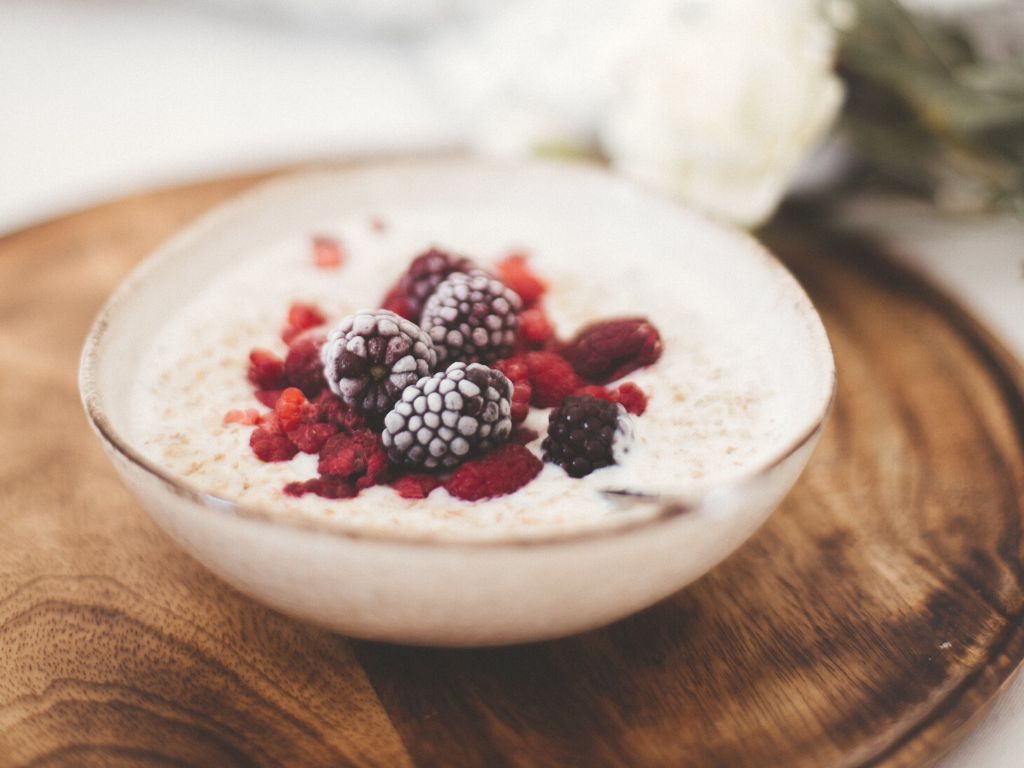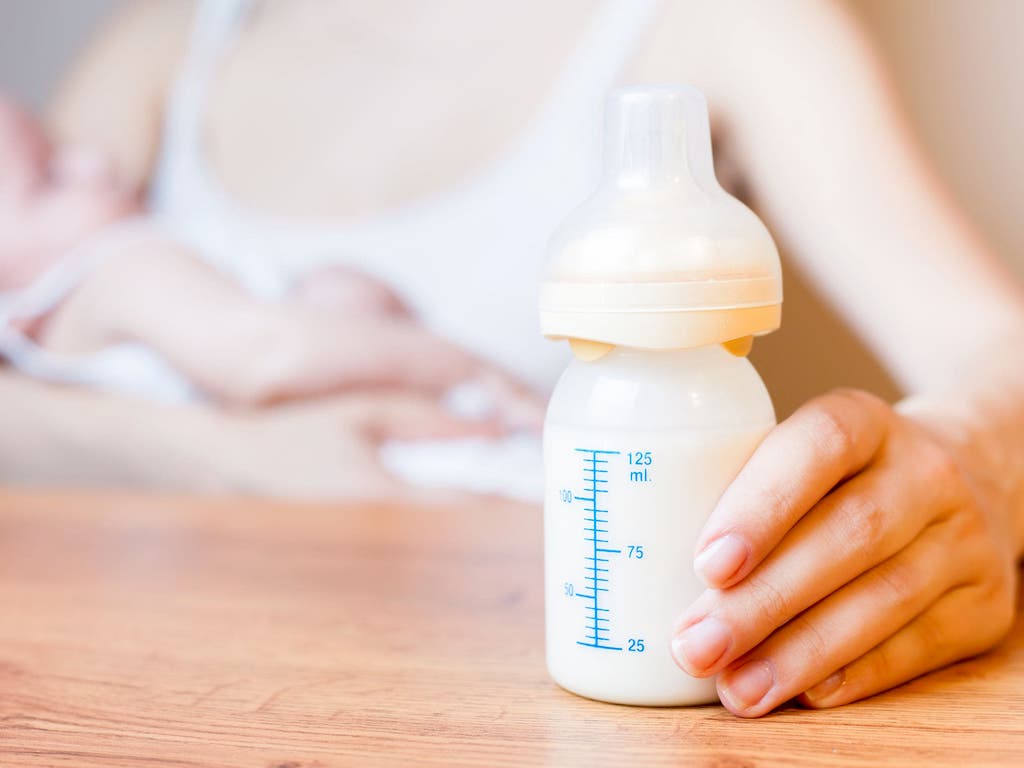4 Mins Read
French dairy conglomerate Danone has agreed to a strategic $2 million investment deal with Israeli cell-based breast milk startup Wilk.
Danone’s investment into Wilk is part of a $3.5 million financing round for the food tech startup. The dairy giant says it plans to collaborate with Wilk in developing cultured breast milk components for infant formula. Following the investment, Danone will hold at least 2 percent of Wilk’s share capital. Danone’s portfolio includes leading dairy brands Activia, Dannon, and Oikos.
Cell-based breast milk
Wilk, founded in 2018 by Dr. Nurit Argov-Argaman of the Hebrew University of Jerusalem, has developed cell-based technology to produce cultured human breast and animal milk. It uses milk-producing cells from cows and human breast cells obtained from breast reduction surgeries that are then grown in bioreactors.

“The ‘W’ in Wilk stands for ‘we’ and represents how, by collaborating with industry partners, we can all work together to establish sustainable means of production that can guarantee the continued supply of milk and dairy-based products for future generations,” Tomer Aizen, CEO of Wilk, said in a statement.
As part of the strategic agreement between Danone’s venture arm and Wilk, the two firms will explore possibilities for joint commercial cooperation and operations, including agreements for projects in Europe and the U.S. Wilk’s CEO, Tomer Aizen, said that DMV’s investment will help the firm continue in the development of its cultivated milk products.
Wilk is one of several Israeli food tech firms developing cultured, animal-free milk. Rehovot-based Remilk raised $120 million last year for its cow-free milk, cheese and yogurt. Last May, Tel Aviv’s Imagindairy raised $28 million in an extended Seed round for its fermented dairy.
Sustainable food solutions
Other investors in the funding round include Rehovot-based Steakholder Foods and The Central Bottling Company, also known as Coca-Cola Israel. Wilk will issue a total of 13.6 million ordinary shares in a private placement at a price of NIS 0.91 per share as part of the financing round. The startup’s shares closed 10% lower on Monday at NIS 105.1 per share.
“We’re extremely excited to announce our strategic collaboration with Wilk,” Arik Kaufman, CEO of Steakholder Foods, said in a statement. “As part of our commitment to sustainable foods solutions, we see this collaboration as another step in expanding Steakholder Foods’ growing contribution to the Food-Tech ecosystem and a strategic step in the optimization of our investment and holding structure.”
Wilk said it is not necessarily looking to replace infant formula entirely, but it wants to contribute to the category with a product that is nutritionally superior and has a cost comparable to formula. The company has been focusing on developing cell-cultured human milk fat for infant formula to replace vegetable fats currently contained in formula. The nutritional benefits of cultured human milk fat play a central role in maintaining an infant’s digestive system, as well as the development of its brain and nervous system, according to Wilk.

For new mothers who don’t wish to breastfeed or those with breastfeeding difficulties, there have been few options beyond dairy- or soy-based formulas. Formula is also necessary for babies born prematurely, and for those who cannot consume commercial infant formula. It’s a critical staple for disaster relief as well. And as conventional dairy plays a key role in climate change, which is linked to the increasing number of natural disasters, the need for formula is only expected to increase.
Last year, Wilk announced it had successfully replicated lactoferrin, a key protein in milk critical for development. It also debuted yogurt made from its cultured milk. In November, external laboratories verified that Wilk’s yogurt meets all necessary chemical and biological requirements to qualify as yogurt.
“This is a significant milestone, not just for Wilk, but for the Israeli FoodTech space and wider global industry,” Aizen said.
“It signifies a major breakthrough in demonstrating our ability to produce functional cell-cultured milk components that can be integrated into a wide array of dairy products and brings us closer to realizing our goal—to produce authentic dairy products in a sustainable and environmentally conscientious manner that will drive the industry forward.”



